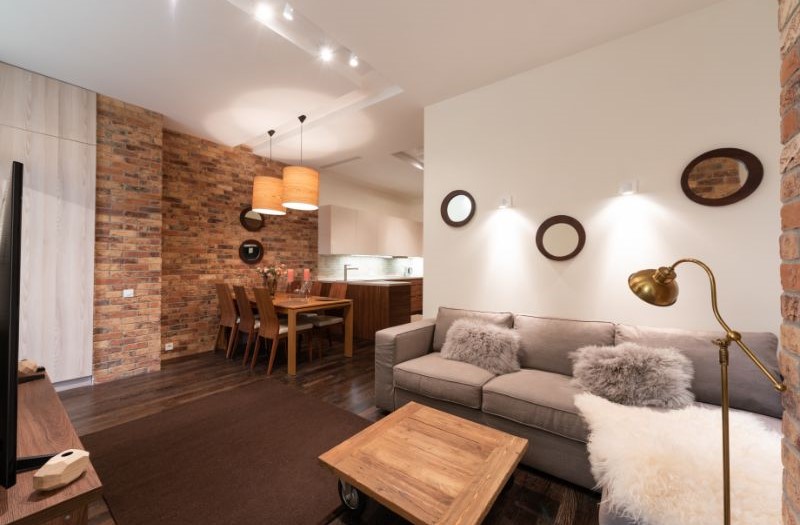Termination for Owner's Reoccupation: Keys to a Smooth Transition 🏡🔑
Are you considering reclaiming your rented property and want to know the necessary steps? Look no further, as Lokim provides you with all the details for a successful termination! In the context of our property management services, Lokim handles this process for you.
What is termination for owner's reoccupation?
Termination for owner's reoccupation allows ending the lease to reclaim the property, either for personal use or for one of your close relatives.
Who can benefit from reoccupation?
- The owner can reclaim the property to make it their primary residence, excluding any use as a secondary residence.
- A close relative: Spouse, partner, PACS partner, ascendant, or direct descendant. ATTENTION: Siblings, uncles, and aunts are not considered close relatives in this context ☹
Termination for owner's reoccupation terms
Substantive terms
- Reasons for reoccupation: A valid and legitimate reason is essential, whether the property is intended for yourself or a close relative.
- Recovery date: The tenant must vacate the premises no later than the lease expiration date, with exceptions.
Formal terms
- Deadlines: The termination letter must reach the tenant at least six months before the lease expiration date, or three months for a furnished rental, under penalty of invalidity.
- Drafting the letter: The letter must specify the reason, the name and address of the beneficiary, the relationship, and the reason for reoccupation. It should be accompanied by an information notice.
Advice: Send the letter to all signatories of the lease. If in doubt, contact an agency (such as www.lokim.com) or seek assistance from a bailiff who can draft and deliver the document, ensuring a smooth procedure.
Limits to termination for owner's reoccupation
- Leased purchased properties: The period between the lease expiration and the date of purchase can affect the recovery time.
- Protected tenants: Some tenants, based on age (above 65) and income, benefit from specific protections.
Contesting termination for owner's reoccupation
Reasons for contestation
Your tenant can contest if formalities are not adhered to or if they dispute the reason for reoccupation after their departure. A registered letter with acknowledgment of receipt must be sent to explain the contestation.
Possible recourse
In case of disagreement, the departmental conciliation committee can be approached. As a last resort, the judge of contentions protection can be solicited.
Sanctions for fraudulent notice
Even after the tenant's departure, disputes may arise. If the property is unoccupied, used as a secondary residence, or not inhabited by the individuals mentioned in the letter, damages and potential financial penalties may be claimed.
In summary, anticipating, respecting deadlines and formalities, and being prepared to negotiate are the key factors for a successful termination for owner's reoccupation. At Lokim, we accompany you to make this process a smooth transition. 🤝✨



